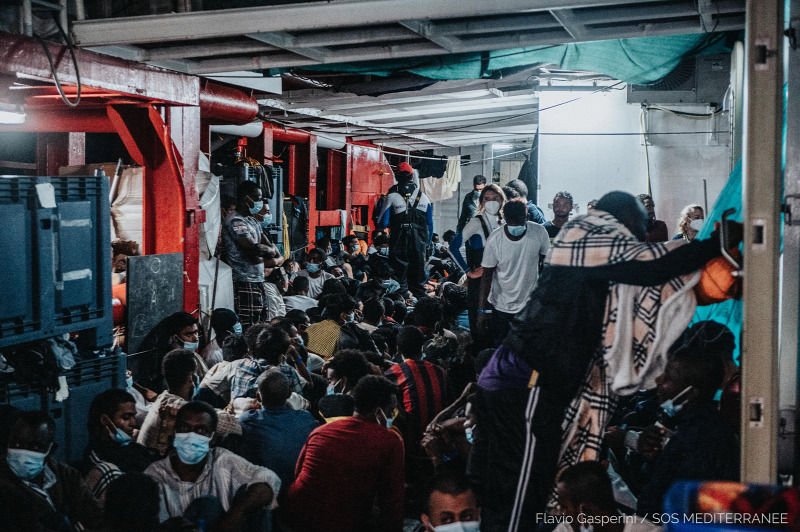After Hungary has successfully overcome the health and economic obstacles caused by the coronavirus epidemic, it can rightfully start preparing for life after the pandemic.
However, the guarantee of the country's long-term stability and prosperity cannot be exhausted simply by the reorganization of life, because in recent years many "dormant" crises, such as migration pressure, flared up precisely because of the abatement of the epidemic situation in Europe.
As regards the protection against the epidemic, the vaccination rates, and the suppression of the third wave of diseases caused by the coronavirus, even though our country has become one of the leading countries in Europe in a short time, it still needs a disciplined and conscious strategy for the future. The contribution of the Hungarian electorate is of course essential for the development of this strategy, and the national consultation questionnaire recently delivered to all households creates an opportunity for exactly this debate.
However, among the issues seeking points of cooperation, the topic of migration also came up again, more precisely, the handling of the immigration situation after the epidemic situation. And although there is no doubt that in the past two years health and economic issues have dominated the public discourse, the fact that the proper management of immigration affecting Europe - especially in connection with the pandemic - once again became the subject of consultation shows a particularly forward-looking and prepared attitude.
THEREFORE, IN THIS CONTEXT, THE HUNGARIAN GOVERNMENT SHOULD NOT ONLY FIGHT A SERIES OF POLITICAL DISPUTES AT HOME AND IN BRUSSELS, BUT ALSO HAVE TO DEVICE THE PREPARATION OF CONCRETE, PHYSICAL INTERVENTION AND BORDER DEFENSE STRATEGIES.
While in Europe we can see a significantly easing picture regarding the diseases caused by the coronavirus, on the other hand, in the world, in the regions where migrants congested in large quantities and continue to congest to this day, the variant of the coronavirus called Delta, linked to India, is increasingly spreading. For this reason, those who until now decided to try their luck in Europe mainly for economic and welfare reasons have now become richer with a new and much stronger motivation, namely the goal of escaping the epidemic.

There were 572 migrants on board the Ocean Viking off the coast of Libya on July 6, 2021/SOURCE: AFP/FLAVIO GASPERIN
All of this is confirmed by the statistics prepared in this case: while last year a total of 45,500 border violators were caught at the Hungarian border, by July of this year there were already 46,300. Due to the intense migration movements, the level of human trafficking has naturally increased: while last year the border guards caught a total of 167 smugglers, this year the authorities are already at 420.
Moving away from our immediate area, we also see increasing migration pressure not only with regard to European borders, but also in connection with the internal functioning of some pro-immigration countries. According to the 2020 data of the European Asylum Support Office (EASO), while the number of people aiming for Europe increased, some member countries sent rejected asylum seekers back to their country of origin in ever smaller numbers due to extraordinary measures to suppress the epidemic, the lack of flights, and closed borders .
Due to the backlog of migrants with rejected asylum applications within Europe, as well as the situation of immigrants languishing at the EU's external borders, Brussels bureaucrats, together with pro-immigration NGOs, are once again working on a plan to introduce a distribution mechanism, with which they hope these challenges - even if they go against the European with public opinion, but - they will be remedied.
In light of all this, it can be stated that it is not by chance that the issue of migration is included in the national consultation launched this summer, because the epidemic situation illuminates this crisis in a completely new light. And in the light of the statistics, it seems very likely that the two-year "migrant STOP" proposal included in the consultation would provide significant protection for Hungary.
Source, full article and featured image: Origo.hu












